Cooking in cast iron cookware during Diwali can be a great choice, especially if you're preparing traditional Indian dishes that benefit from cast iron's even heat distribution and heat retention. Cast iron cookware has been used for generations in Indian cooking, and it's known for its ability to enhance the flavors and textures of the food.
Table of Contents
Tips For Cooking In Cast Iron During Diwali:
- Season Your Cast Iron Cookware: If your cast iron cookware is not already well-seasoned, it's a good idea to season it before using it for Diwali cooking. Seasoning creates a natural non-stick surface and prevents food from sticking to the pan.
- Use It for Dry Heat Cooking: Cast iron is excellent for dry heat cooking methods like frying, roasting, and sautéing. It's ideal for making snacks like pakoras, vadas, and searing the perfect dosa or uttapam.
- Traditional Indian Dishes: Cast iron is perfect for making traditional Indian dishes like tandoori chicken, biryani, and even naan bread in the oven. The even heat distribution ensures that the food cooks evenly and retains its natural flavors.
- Preheat the Pan: Before cooking, preheat the cast iron pan on medium heat. Once it's hot, reduce the heat to the desired level. Cast iron retains heat well, so you often don't need to cook on high heat.
- Use Ghee or Oil: When cooking in cast iron, using ghee or oil is important. It not only adds flavor but also helps maintain the non-stick surface.
- Proper Care: After cooking, clean your cast iron cookware gently without using harsh detergents. Avoid soaking it in water. Instead, use a brush or scrub to remove food residue. Dry the cookware completely to prevent rust.
- Re-Season as Needed: Over time, the seasoning on cast iron cookware can wear down. If you notice food starting to stick, it's time to re-season the pan. To do this, apply a thin layer of oil or fat and heat the pan until it smokes. Then, let it cool.
Cast Iron Is Considered Traditional Indian Cookware:
Cast iron cookware is a traditional and valued choice for cooking during Diwali in many Indian households. Cast iron vessels have been used for generations in Indian cuisine due to their durability and ability to enhance the flavors of traditional dishes. Here are some reasons why cast iron is considered traditional Diwali cookware:
- Uniform Heating: Cast iron provides even heat spreak, making it perfect for slow-cooking and simmering dishes like biryanis, curries, and sweet treats. This ensures that the food cooks uniformly and retains its authentic flavors.
- Versatility: Cast iron cookware is versatile and can be used for both sweet and savory Diwali dishes. You can use it for deep-frying snacks like jalebis and pakoras, as well as for making sweets like halwa and laddoos.
- Heat Retention: Cast iron retains heat well, which is excellent for keeping dishes warm and serving them piping hot, a key aspect of Diwali celebrations.
- Seasoning Process: Cast iron pans are seasoned over time, building a natural non-stick surface that adds a unique flavor to the dishes. The seasoning process is part of the tradition of using cast iron cookware.
- Cultural Significance: Cast iron cookware is not just about functionality; it carries cultural significance. Many families have heirloom cast iron cookware passed down through generations, making it a part of their Diwali traditions.
- Connection to Traditional Dishes: Cast iron is well-suited for preparing traditional Diwali dishes like biryani, pulao, and frying snacks. It brings out the rich and authentic flavors of these dishes.
Conclusion:
Whether you're frying samosas, simmering a flavorful curry, or preparing a sweet halwa, cast iron pots and pans has been a staple in Diwali cooking for its ability to preserve tradition and enhance the culinary experience. Its timeless appeal makes it an excellent choice for those looking to celebrate Diwali in the most traditional way possible.
Explore the pre-seasoned cast iron cookware here:

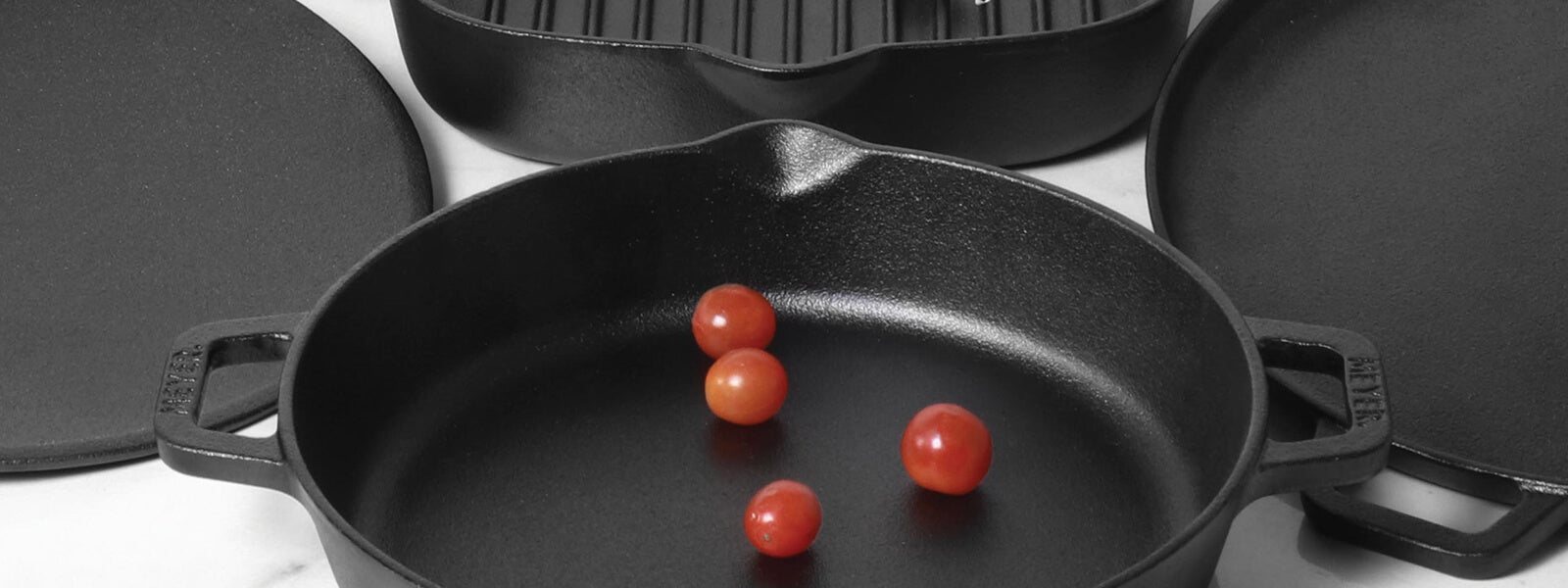
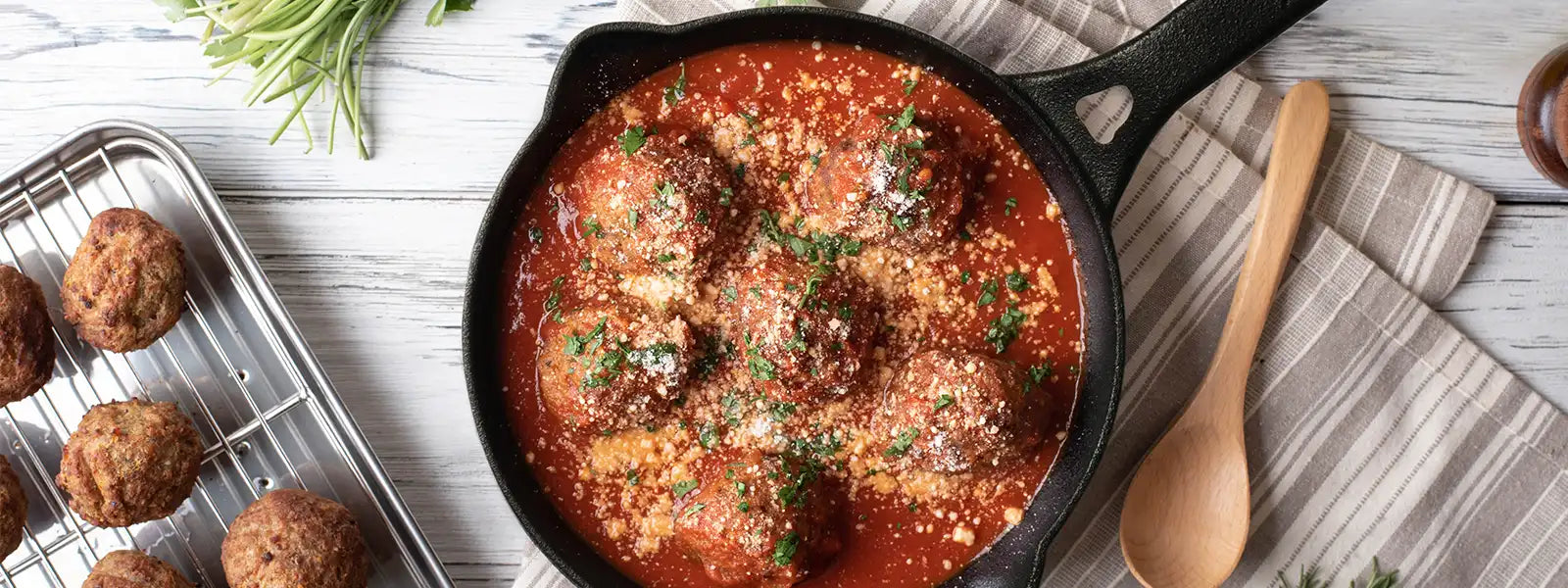
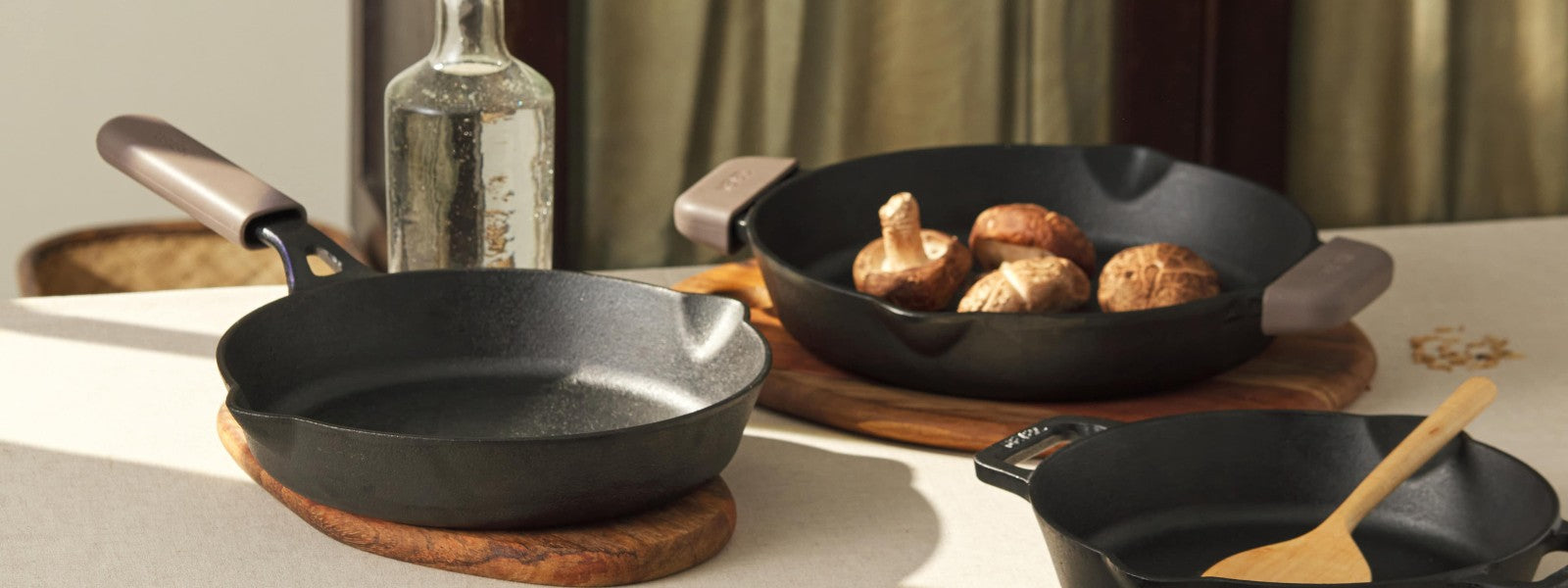
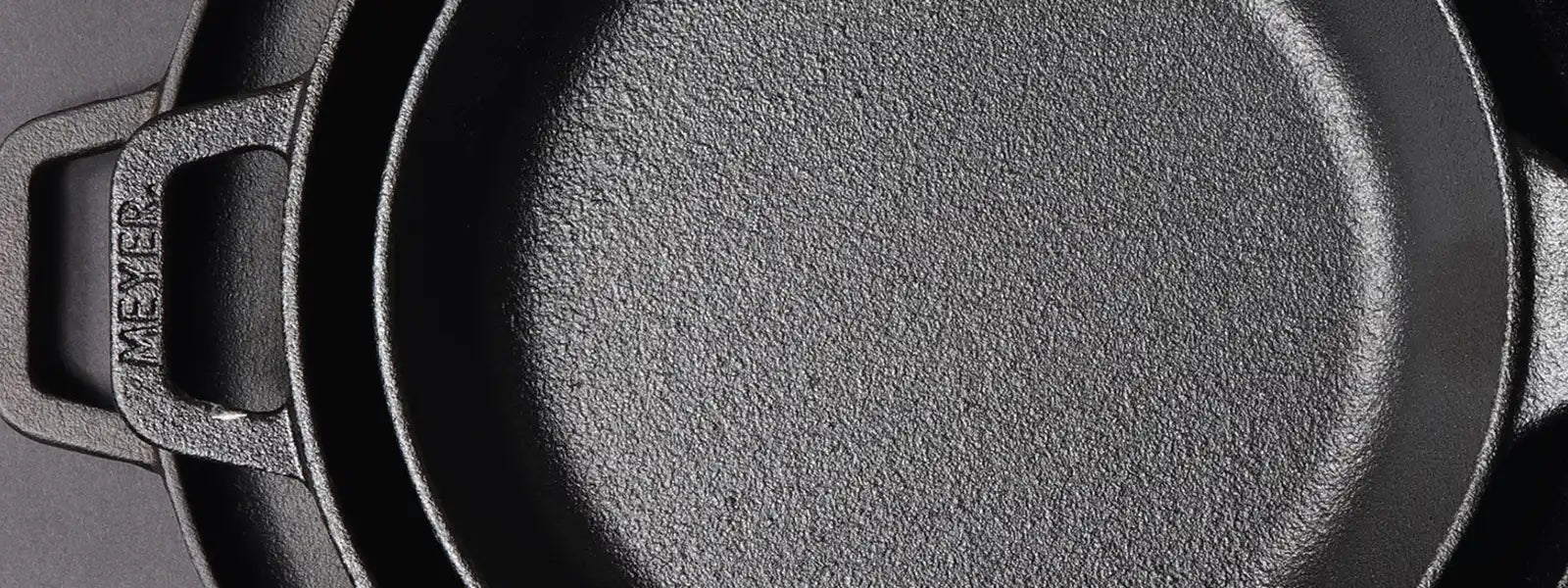
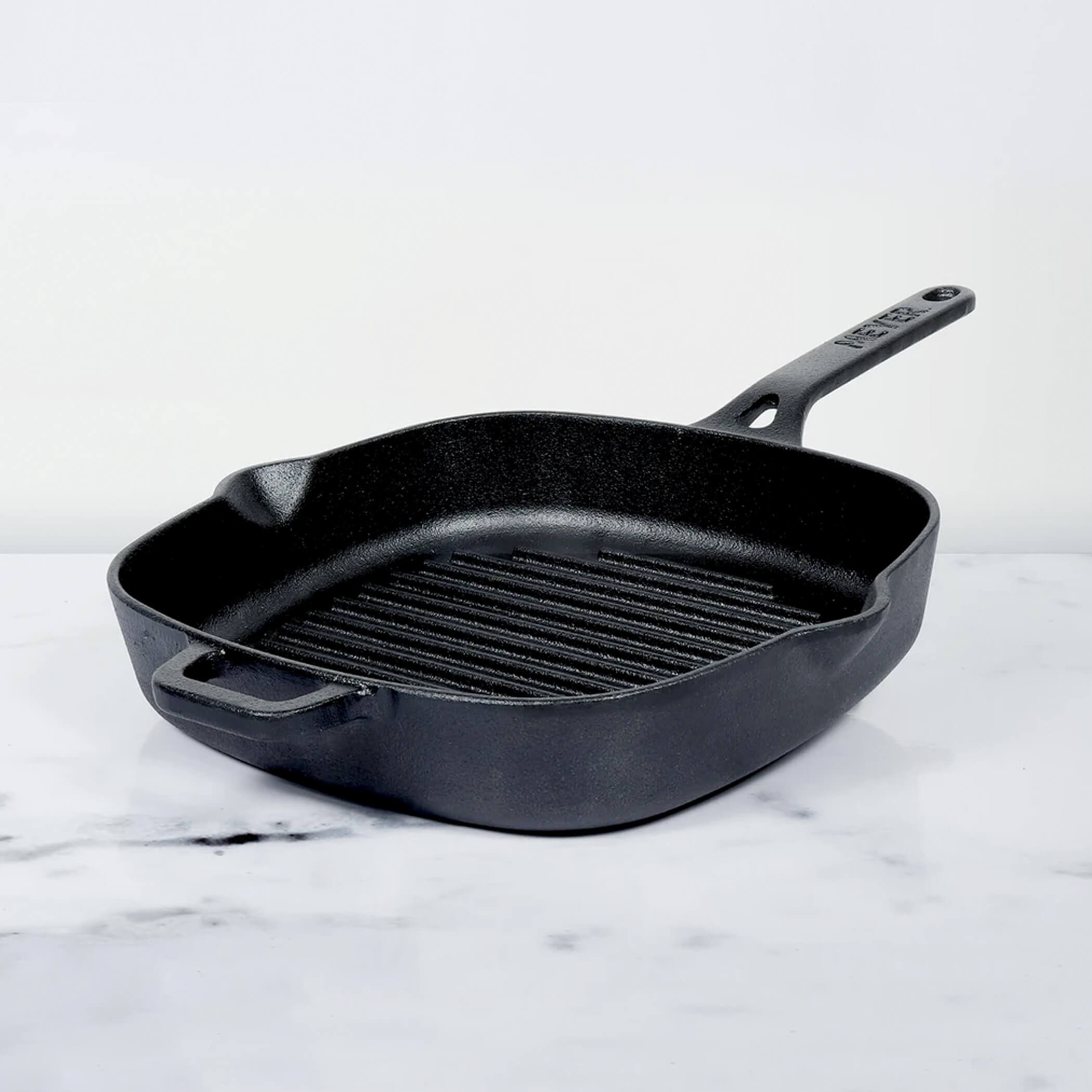
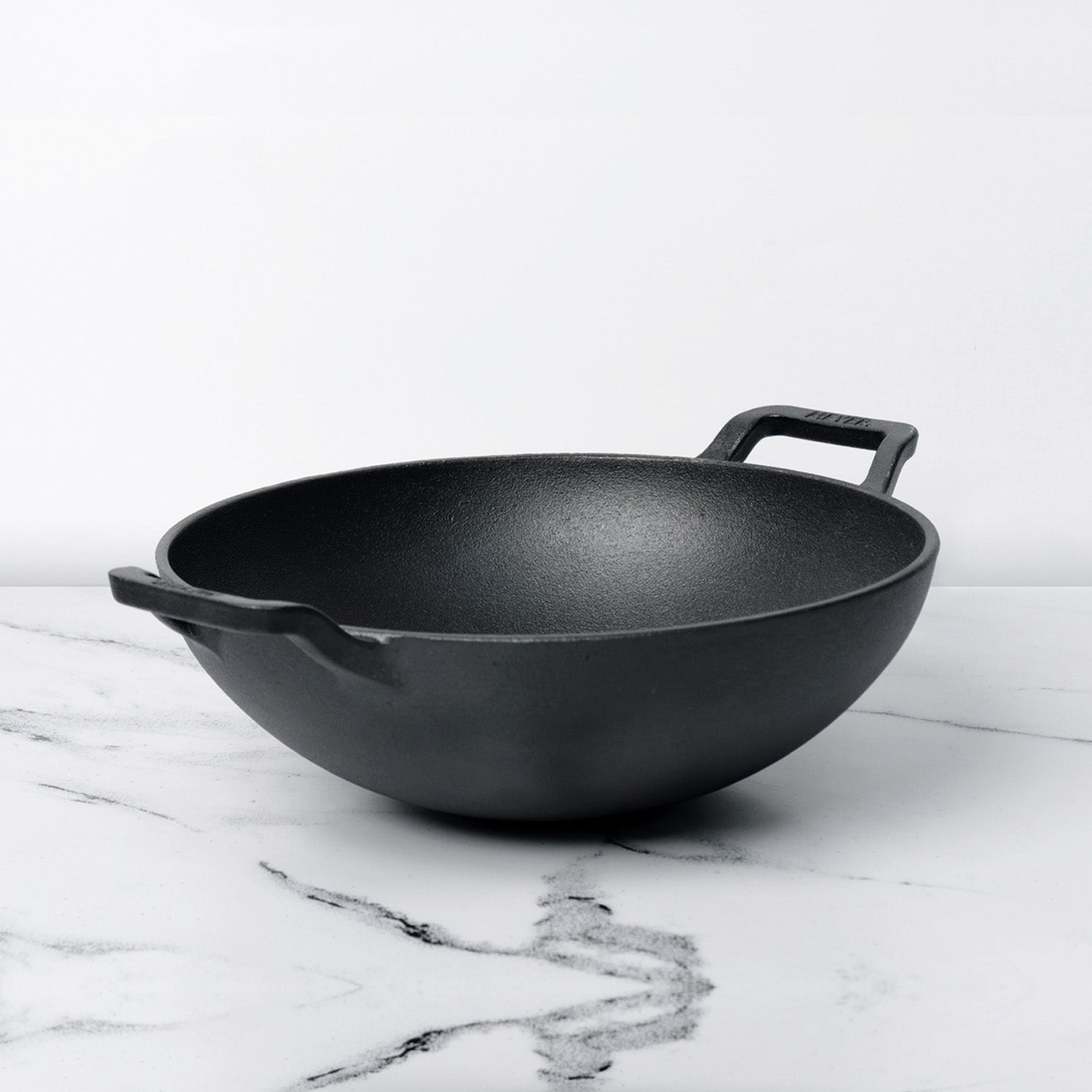




Leave a comment